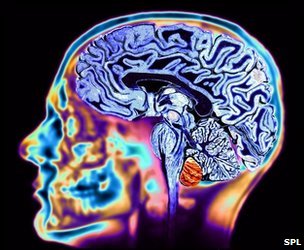 MRI scans indicate that physical pleasure is experienced by the brain when we give; when people co-operate with us; when we believe we have a good reputation; or when we receive recognition. Being treated fairly by others also lights up reward pathways.
MRI scans indicate that physical pleasure is experienced by the brain when we give; when people co-operate with us; when we believe we have a good reputation; or when we receive recognition. Being treated fairly by others also lights up reward pathways.
These triggers can be equally or more powerful as those for receiving financial reward.
Yet, comments Jan Hills in her excellent new book Brain Savvy HR, the remuneration policy at most firms appears to be based on two fundamentally incorrect assumptions: work is an economic exchange with time and skills given in return for money; and people are narrowly self-interested, focused on gaining benefits for themselves and avoiding physical threats and doing things for others.
There’s a great TED video in which Dan Pink comments on the mismatch between what science knows and what business does. He cites numerous studies that financial incentives inhibit rather than promote creative problem solving and motivation. Once basic needs are met, additional income does not affect job or life satisfaction.
This involves three factors: autonomy over one’s time; enjoying a sense of mastery; and having a sense of purpose.
Mentoring and nurturing clients also lead to an increased sense of engagement. So don’t be surprised if you discover that your most engaged people are not the highest paid but those with the strongest social connections.














Recent Comments